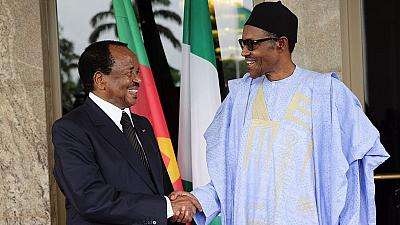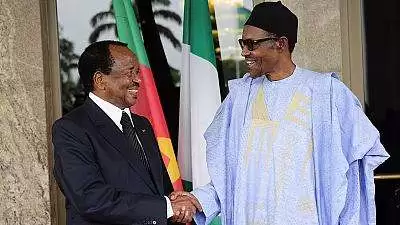

Last updated on September 11th, 2021 at 02:56 pm
The coronavirus pandemic could narrow one gaping inequality in Africa, where some heads of state and other elite jet off to Europe or Asia for health care unavailable in their nations.
As countries including their own impose dramatic travel restrictions, they might have to take their chances at home. For years, leaders from Benin to Zimbabwe have received medical care abroad while their own poorly funded health systems limp from crisis to crisis.
Several presidents, including ones from Nigeria, Malawi and Zambia, have died overseas. The practice is so notorious that a South African health minister, Aaron Motsoaledi, a few years ago scolded, “We are the only continent that has its leaders seeking medical services outside the continent, outside our territory.
We must be ashamed.” Now a wave of global travel restrictions threatens to block that option for a cadre of aging African leaders. More than 30 of Africa’s 57 international airports have closed or severely limited flights, the U.S. State Department says.
At times, flight trackers have shown the continent’s skies nearly empty. Perhaps “COVID-19 is an opportunity for our leaders to reexamine their priorities,” said Livingstone Sewanyana of the Foundation for Human Rights Initiative, which has long urged African countries to increase health care spending.
But that plea has not led to action, even as the continent wrestles with major crises including deadly outbreaks of Ebola and the scourges of malaria and HIV. Spending on health care in Africa is roughly 5% of gross domestic product, about half the global average.
That’s despite a pledge by African Union members in 2001 to spend much more. Money is sometimes diverted to security or simply pilfered, and shortages are common. Ethiopia had just three hospital beds per 10,000 people in 2015, according to World Health Organization data, compared to two dozen or more in the U.S. and Europe.
Central African Republic has just three ventilators in the entire country. In Zimbabwe, doctors have reported doing bare-handed surgeries for lack of gloves. Health experts warn that many countries will be overwhelmed if the coronavirus spreads, and it is already uncomfortably close.
Several ministers in Burkina Faso have been infected, as has a top aide to Nigeria’s president. An aide to Congo’s leader died. For most people, the new coronavirus causes mild or moderate symptoms.
Other leaders, including Burkina Faso President Roch Marc Christian Kabore and Ethiopian Prime Minister Abiy Ahmed, have tweeted images of themselves working via videoconference as countries encourage people to keep their distance.
While African leaders are more tied to home than ever, their access to medical care is still far better than most of their citizens’. In Burkina Faso’s capital, Ouagadougou, medical student Franck Bienvenu Zida was self-isolating and worried after having contact with someone who tested positive.
The 26-year-old feared infecting people where he lives, but his efforts to get tested were going nowhere. In three days of calling an emergency number to request a test, he could not get through.
(AFP)
The U.S.-based driver training company Zutobi analyzed road safety worldwide and found South Africa stays last in driving danger since…
The Basketball Africa League (BAL) returns for its 2025 season with exciting changes and developments. Since 2019 the NBA-linked basketball…
The Somali president supports their military forces to eliminate the threats from Al-Shabaab, ISIS, and Al-Qaeda. The Somali National Army…
UAE President Sheikh Mohamed bin Zayed Al Nahyan held talks with President Faustin Archange Touadéra of the Central African Republic…
African football teams struggle intensely in the World Cup Qualification rounds to earn their place on the international football stage.…
The journey toward the 2026 FIFA World Cup is rapidly intensifying for all African teams, who now hold a historical…
This website uses cookies.